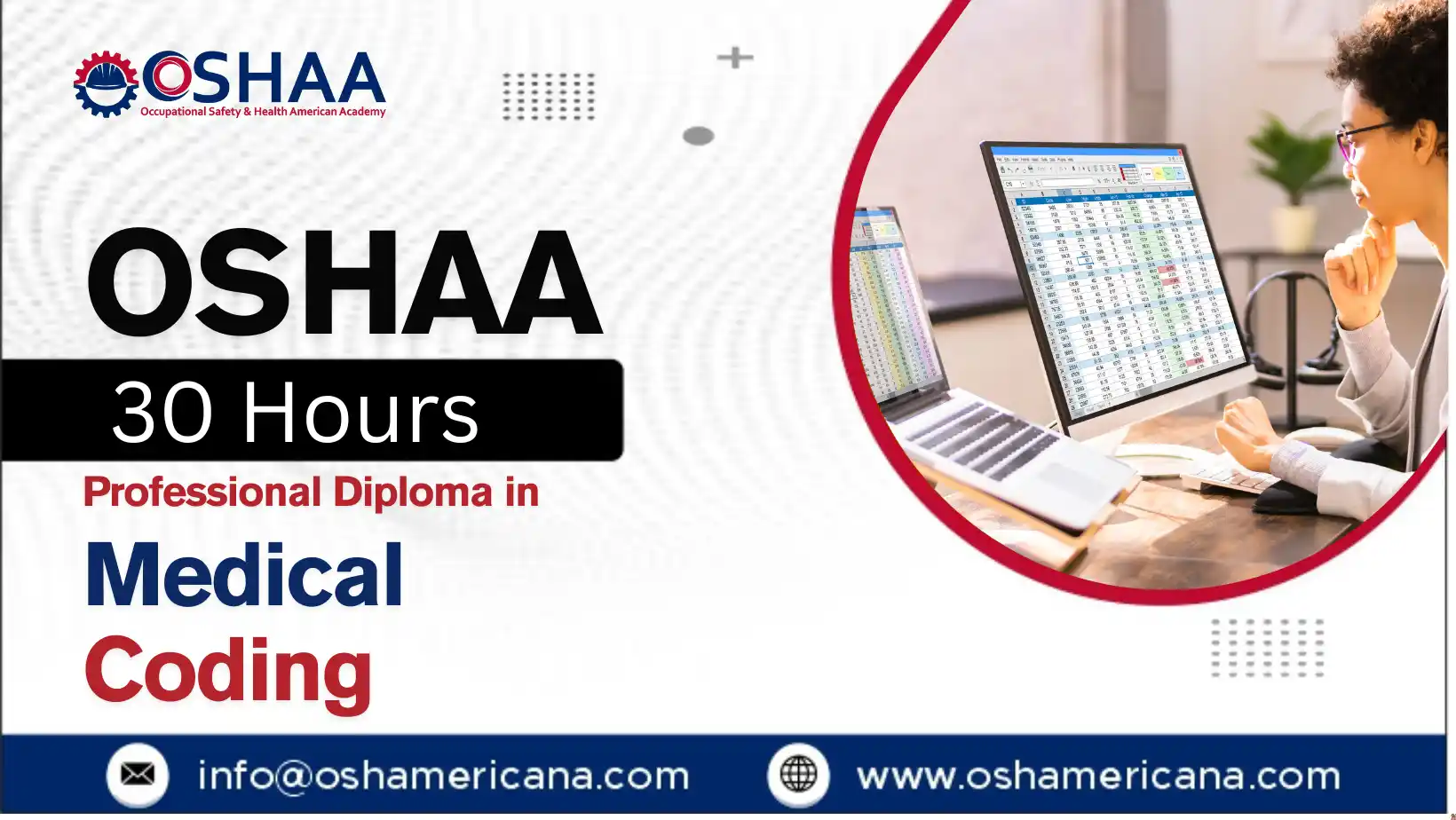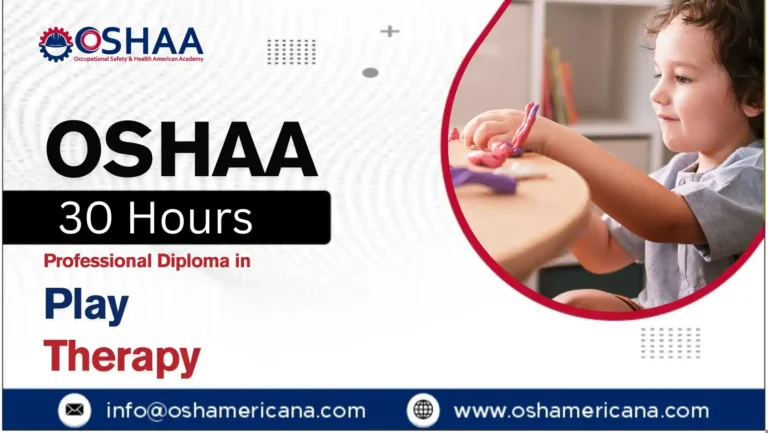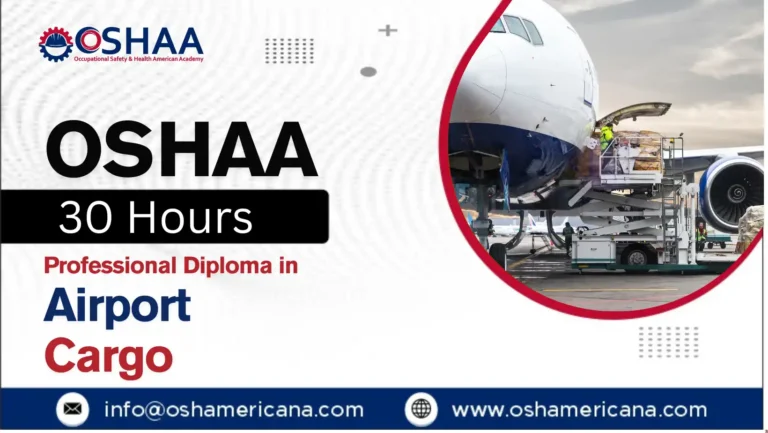Advance Your Career with the OSHAA 30-Hours Diploma in Medical Coding
The OSHAA 30-Hours Professional Diploma in Medical Coding is a structured and career-oriented programme designed to introduce participants to the essential principles, systems, and applications of medical coding within healthcare. As the demand for accurate and efficient documentation in the health sector continues to rise, this diploma equips participants with the knowledge and practical tools needed to excel in this vital area of health information management.
Medical coding is the process of translating healthcare diagnoses, procedures, services, and equipment into universal alphanumeric codes. These codes form the backbone of healthcare billing, insurance claims, data analysis, and patient record-keeping. This diploma provides a professional introduction to the systems and standards used worldwide, such as ICD (International Classification of Diseases), CPT (Current Procedural Terminology), and HCPCS (Healthcare Common Procedure Coding System).
Designed with accessibility and practical relevance in mind, the course enables participants to understand medical terminology, classify healthcare information accurately, and comply with documentation standards in clinical and administrative settings.
Delivered over 30 hours, the programme covers key coding systems, regulatory compliance, healthcare documentation procedures, and data privacy considerations. It provides a balance between technical coding instruction and an understanding of the broader healthcare context in which coding professionals operate.
The OSHAA 30-Hours Professional Diploma in Medical Coding provides clear, practical, and industry-relevant training aligned with UK and international standards. It offers a strong foundation for participants looking to enter a rapidly growing field within healthcare, where accuracy, compliance, and attention to detail are critical.
OSHAA 30-Hours Professional Diploma in Medical Coding
Study Units
Learning Outcomes
Introduction to Medical Coding and Healthcare Documentation (3 Hours)
- Understand the purpose and importance of medical coding in healthcare systems
- Recognise the role of accurate documentation in supporting coding and billing
- Identify key components of clinical documentation relevant to coding processes
Medical Terminology and Abbreviations in Coding Context (4 Hours)
- Interpret commonly used medical terms and abbreviations across body systems
- Apply terminology knowledge to support accurate code selection
- Recognise medical prefixes, suffixes, and root words used in healthcare records
Anatomy and Physiology for Accurate Coding (4 Hours)
- Identify major body systems and their functions relevant to coding
- Relate anatomical knowledge to clinical diagnoses and procedures
- Support precise coding decisions using an understanding of body structures
ICD Coding System: Structure, Application, and Updates (4 Hours)
- Understand the structure and function of the ICD coding system
- Accurately apply ICD codes to various diagnoses
- Stay informed on updates and revisions in the ICD system
CPT and HCPCS Coding Standards (5 Hours)
- Distinguish between CPT and HCPCS code sets and their purposes
- Assign appropriate codes to procedures, services, and supplies
- Apply coding rules and conventions for outpatient services
Diagnosis and Procedure Coding Guidelines (5 Hours)
- Follow official guidelines for sequencing and assigning codes
- Apply coding standards for complex or multiple conditions
- Ensure compliance with documentation and audit requirements
Health Records Review and Clinical Documentation Analysis (3 Hours)
- Extract coding-relevant information from health records
- Evaluate documentation quality to support accurate coding
- Identify inconsistencies or gaps that affect code assignment
Insurance Processes and Claims Management (2 Hours)
- Understand the link between coding, billing, and insurance claims
- Recognise common claim errors and how to prevent them
- Apply knowledge of coding to support reimbursement and claims processing
The OSHAA 30-Hours Professional Diploma in Medical Coding offers practical and career-focused training for participants seeking to understand and apply coding systems within healthcare environments. This course equips participants with the essential skills required to work confidently with medical documentation, health records, and insurance processes.
Comprehensive Foundation in Medical Coding Systems
Participants gain hands-on familiarity with key coding systems including ICD, CPT, and HCPCS, ensuring they are able to accurately code a wide range of diagnoses, procedures, and services used in clinical settings.
Enhanced Understanding of Medical Terminology and Anatomy
By integrating terminology and anatomical knowledge, the course supports accurate interpretation and coding of clinical records, contributing to efficient documentation and reduced errors.
Preparedness for Healthcare Documentation and Compliance
Participants develop a clear understanding of healthcare documentation standards, including the role of coding in patient records, audits, and regulatory compliance.
Improved Accuracy in Insurance Claims and Billing
The course strengthens participants’ ability to ensure correct coding for reimbursement, minimising claim rejections and delays, and supporting the financial efficiency of healthcare providers.
Career Versatility Across the Health Sector
Participants are prepared for roles in hospitals, clinics, insurance firms, billing departments, and other healthcare organisations, where coding accuracy and confidentiality are critical.
Ethical and Legal Awareness in Health Information Handling
The course covers essential principles of data protection, confidentiality, and ethical coding, equipping participants to manage patient information responsibly.
Increased Employability in a High-Demand Field
With the growing global demand for trained coding professionals, the diploma enhances job readiness and competitiveness in healthcare administration and support roles.
Pathway to Advanced Certification and Training
This diploma provides a solid base for further professional qualifications in coding and health information management, including CPC, CCS, and related certifications.
Whether starting a new career or upskilling for professional development, the OSHAA Diploma in Medical Coding offers valuable, real-world benefits for participants seeking to work at the intersection of healthcare, information, and administration.
The OSHAA 30-Hours Professional Diploma in Medical Coding is designed for participants who wish to build foundational knowledge and practical skills in medical coding and healthcare documentation. It is ideal for individuals looking to enter or advance in roles where accurate interpretation of clinical information and coding practices is essential.
This course is suitable for:
- Participants pursuing careers in medical billing, coding, or health records management
- Individuals working in hospitals, clinics, insurance companies, or administrative healthcare settings
- Healthcare support staff who manage patient records, documentation, or insurance claims
- Participants seeking to prepare for professional coding certifications such as CPC or CCS
- Individuals aiming to transition into healthcare administration with a focus on data accuracy and compliance
- Those with an interest in healthcare systems, data management, and information integrity
- Participants planning to study further in health information management or clinical documentation improvement
No prior coding experience is required. This course is particularly beneficial for participants who are detail-oriented, comfortable working with structured information, and interested in supporting healthcare delivery through accurate and ethical record-keeping.







